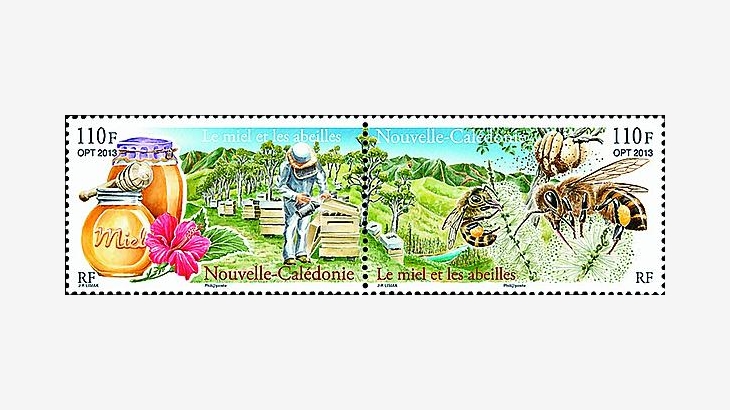On March 22, representatives of European Agriculture Ministers will meet at the European Commission's Standing Committee on Plants, Animals, Food and Feed (ScoPAFF) to deliberate Thiacloprid's relicensing. Three other neonicotinoid insecticides (imidacloprid, clothianidin and thiamethoxam) were recently banned for outdoor use in all EU member states. They were banned from sale from 19 September 2018 and from use by 19 December 2018.
Thiacloprid is still authorised for indoor and outdoor use and is used on pests such as whitefly, aphids, leaf beetle, vine weevil and scariad fly. Bayer has emphasised that thiacloprid is "completely different from first generation neonicotinoids" and is "bee safe", metabolising 50% in the time it flies from plant to hive.
The issue around thiacloprid is that a new toxicology classification raises concerns about operator exposure. Bayer said: "We believe can still be used safely and have put in a submission to that effect."
Source: Horticulture Week, 19 March 2019
https://www.hortweek.com/european-commission-vote-thiacloprid-relicensi…

- Login om te reageren

Thiacloprid shows time-cumulative effects in arthropods
Neonicotinoid insecticides show reinforcement of lethal effects over time of exposure, i.e. follow the Druckrey–Küpfmüller equation c·t˄n = constant, with n > 1. Apart from D. magna, exposure to imidacloprid renders values of n > 1 in freshwater ostracods (Cypridopsis vidua), in the hymenopteran parasitoid Chelonus blackburni and in honey bees (Apis mellifera). The same pattern applies to exposures of honey bees to thiamethoxam and dragonfly nymphs (Sympetrum striolatum) to thiacloprid. The toxicity pattern of imidacloprid and thiacloprid suggests that these and other neonicotinoid compounds have irreversible binding to their nicotinic acetylcholine receptors (nAChRs) in arthropods.
Reference:
Henk A. Tennekes, Francisco Sánchez-Bayo. Toxicology 309 (2013) 39– 51